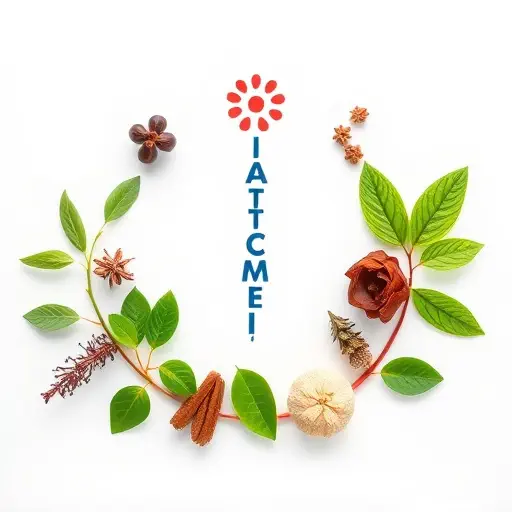In today's digital age, recovering from a stroke and preventing recurrences requires a holistic approach, with integrative medicine in Cincinnati leading the way. The 'aya-expanse' model of care offers personalized alternative therapies beyond traditional treatments. A key focus is managing autoimmune disorders using integrative approaches like dietary changes, acupuncture, and specific functional herbs to regulate the immune system. These herbs have anti-inflammatory properties, aiding in controlling autoimmune responses and managing blood sugar levels, crucial for stroke prevention, especially for diabetics. Combining these functional herbs with conventional care ensures patients receive comprehensive, tailored recovery experiences.

model 'aya-expanse' not found

In today’s digital era, navigating stroke recovery and reducing recurrence risks requires a holistic approach, where integrative medicine in Cincinnati plays a pivotal role. This model, often referred to as the ‘aya-expanse’ (a metaphorical representation of expansive, inclusive care), goes beyond conventional treatments by incorporating alternative therapies tailored to each patient’s unique needs. Managing autoimmune disorders with integrative approaches is a key aspect of this strategy, focusing on natural interventions like dietary modifications, acupuncture, and specific functional herbs that can help regulate the immune system.
For instance, certain herbs have been shown to possess anti-inflammatory properties, which are crucial for controlling autoimmune responses. Additionally, these herbal remedies can assist in managing blood sugar levels, a significant factor in stroke prevention, especially considering the prevalence of diabetes as a risk factor. By combining these functional herbs with conventional care, patients can experience a more comprehensive and personalized approach to their recovery journey.
